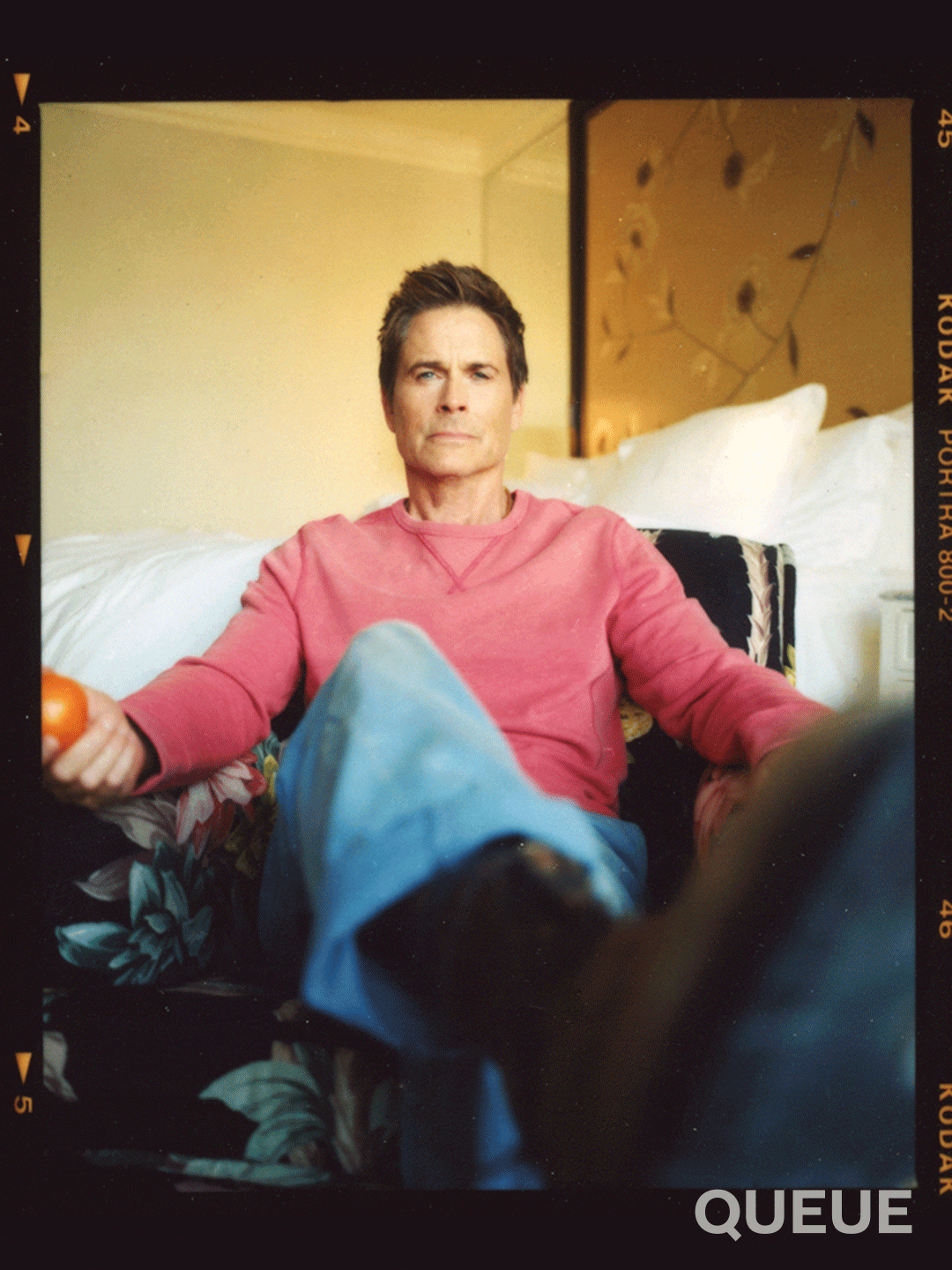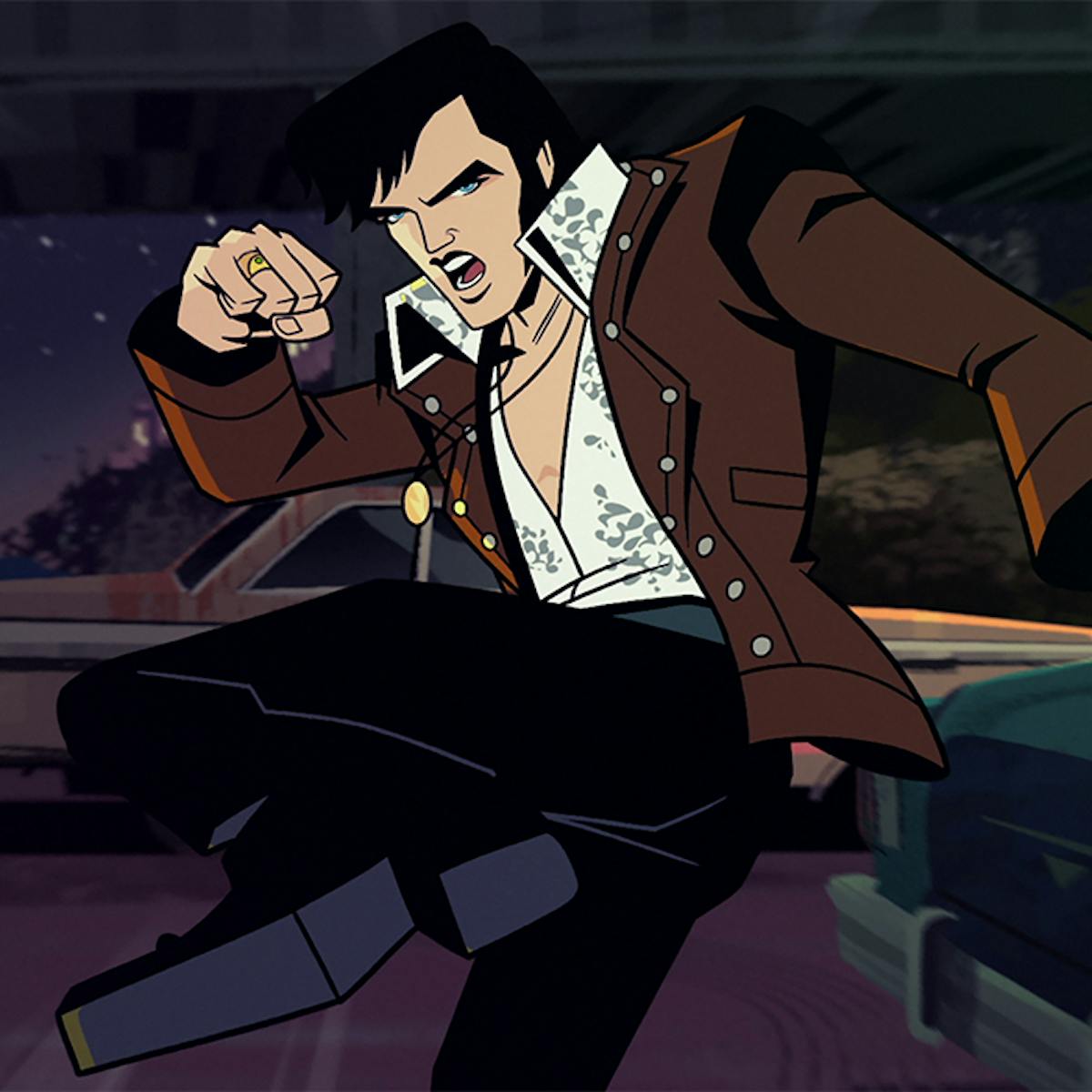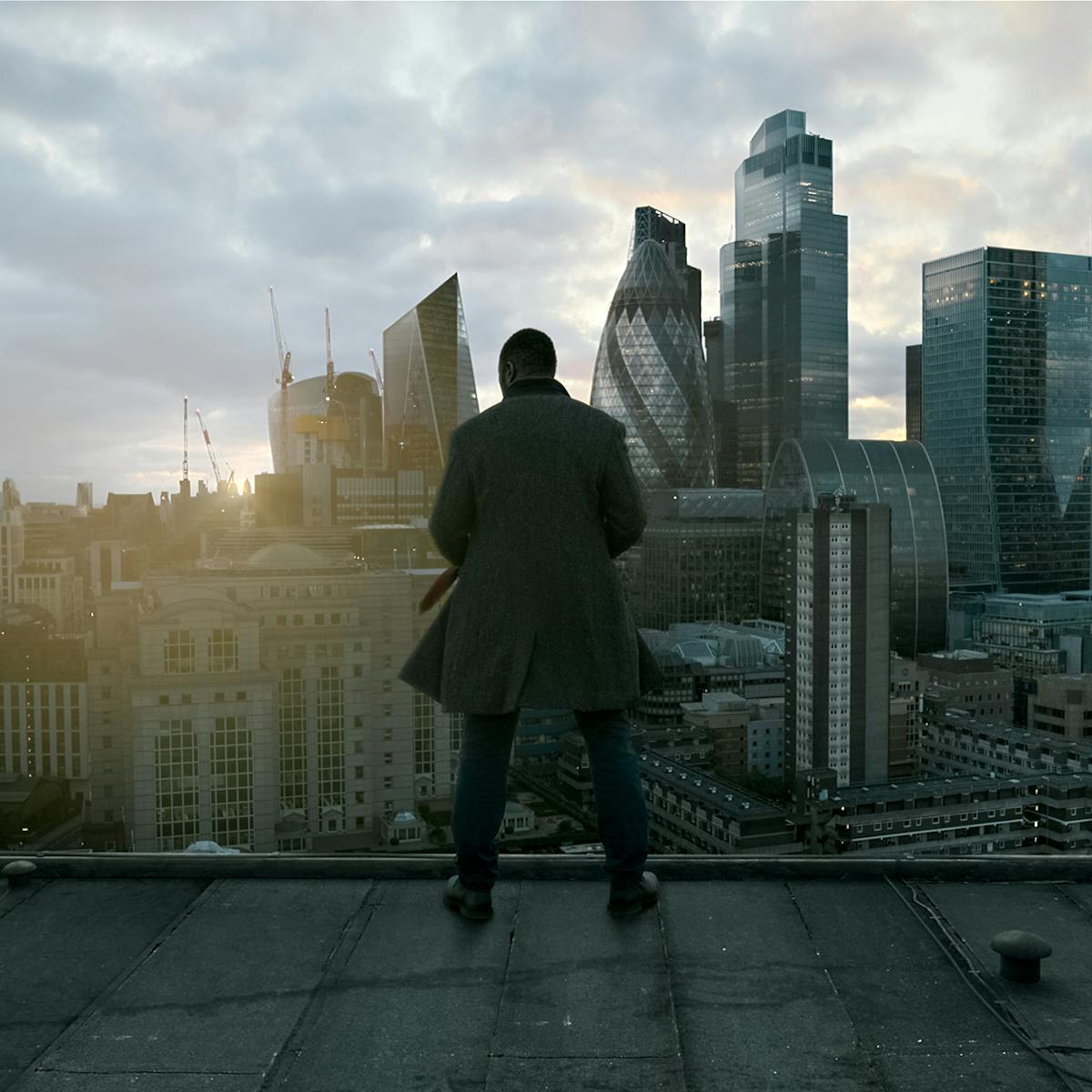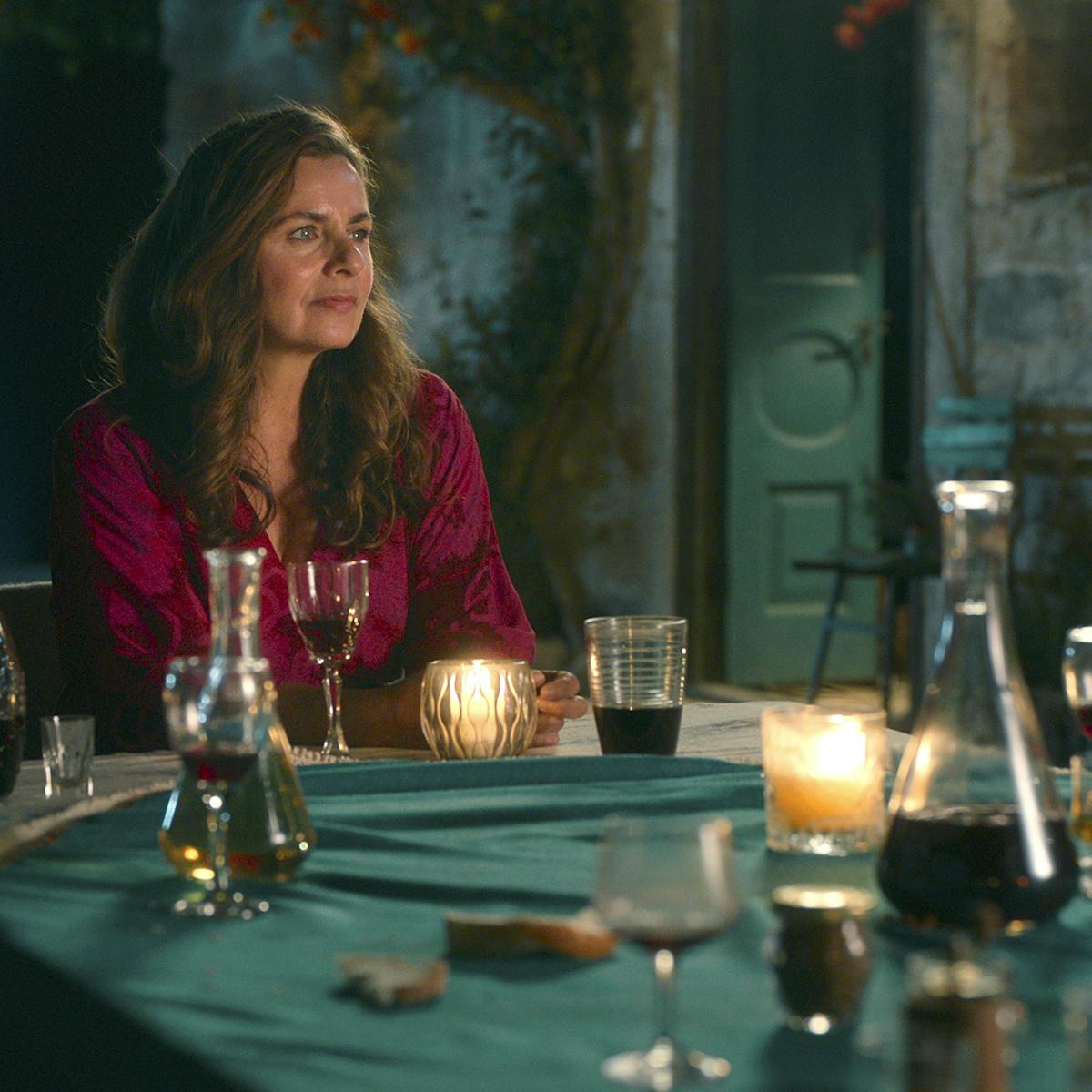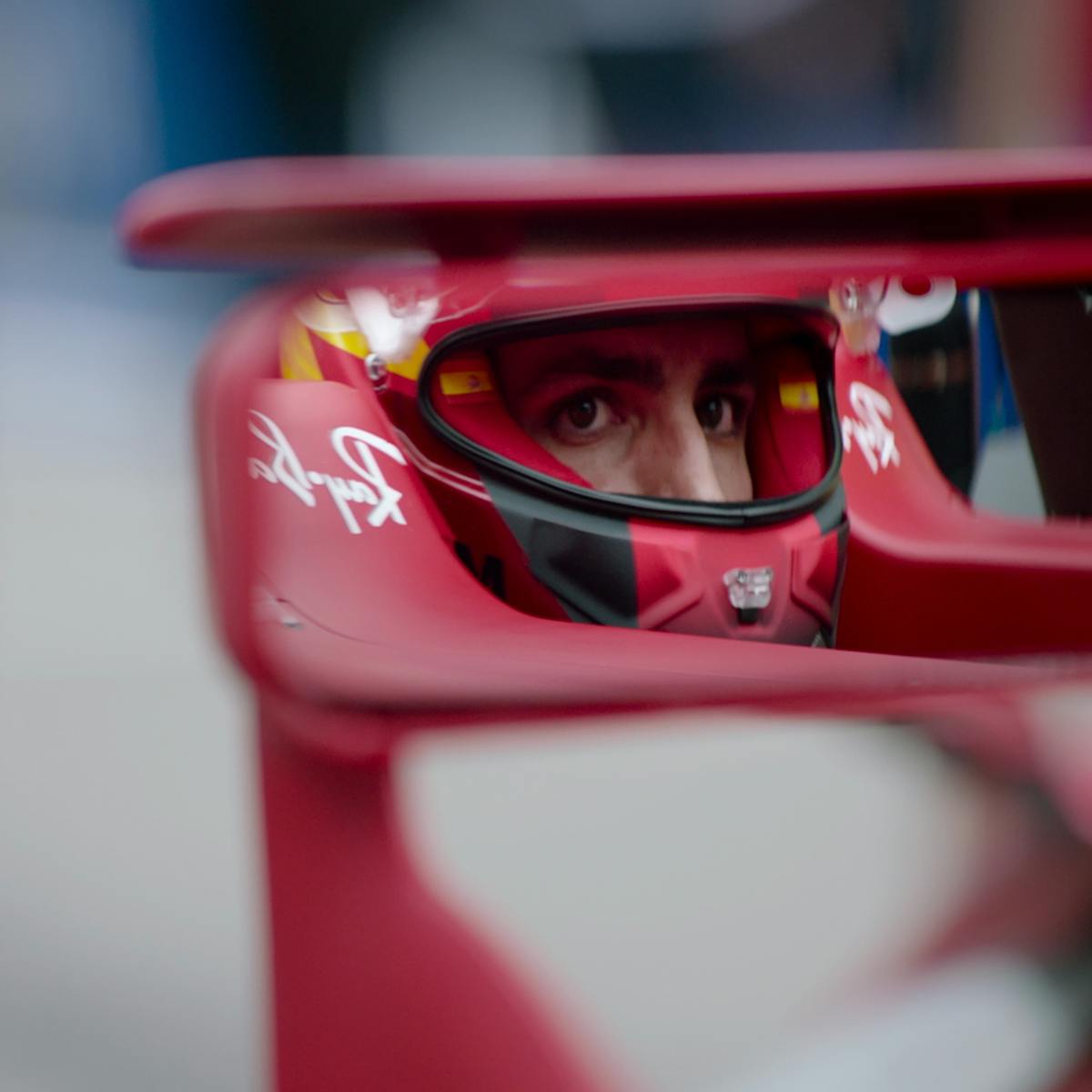The longtime actor plays an eccentric C.E.O. juggling personal and professional challenges in his new comedy series, Unstable.
Ever since his breakout role as Sodapop in Francis Ford Coppola’s The Outsiders, it was clear that Rob Lowe was destined for stardom. A few years later, at 21 years old, his roles in 80s films like St. Elmo’s Fire and About Last Night . . . branded him and his co-stars as the Brat Pack, a moniker that has endured, much like Lowe’s career. But more stunning than the actor’s screen-idol looks has been his ability to parlay his early heartthrob status into an acclaimed and expansive four-decade career. He’s earned Golden Globes and Emmy nominations for his role as Sam Seaborn on The West Wing, shown his comedic skills on Parks and Recreation, and starred in Code Black, Dog Gone, and 9-1-1: Lone Star. Lowe voiced Simba on the animated series The Lion Guard, made his directorial debut with the 2018 TV horror-drama The Bad Seed, and launched two podcasts: Literally! With Rob Lowe and Parks and Recollection, alongside Parks and Recreation writer and producer Alan Yang.
Lowe’s work ethic and far-reaching talent are matched only by his self-effacing sense of humor. Asked about the secret to his onscreen longevity, the 59-year-old is quick to credit his incredible head of hair. “You cut me, I bleed Propecia blue,” he says with a laugh. “The second I thought, Hmm, is that hairline maybe marching a little north, don’t think I wasn’t mainlining it.”
Now, Lowe’s many gifts, including his preternaturally youthful appearance, are on full display in Unstable, a sitcom in which he stars as Ellis Dragon, a successful, self-involved biotech entrepreneur who goes off the rails after the death of his wife. Lowe, who also serves as executive producer, co-created the show alongside Victor Fresco (Santa Clarita Diet) and his youngest son, John Owen Lowe. John Owen is also one of the series’ writers and plays Jackson, Ellis’s son who returns home and attempts to save the company.
Unstable owes its genesis to the younger Lowe, who — much to the delight of his father’s almost two million Instagram followers — has regularly, and hilariously, trolled him online. When the elder Lowe posted a post-workout photo, his son replied, “The subtle art of taking a selfie in front of ur Emmy nominations”; another, in which Lowe appears to cling to the edge of a cliff, earned the comment, “This may be your finest piece of acting.”
“It was just something he did to make himself laugh and to make me laugh,” says Lowe, who lives in California with his wife of more than 30 years, jewelry designer Sheryl Berkoff.
“It got to the point where if I did an interview, they just wanted to talk about that. It became such a thing that he and I thought, People really enjoy this. Is there a show here?” The answer is a resounding yes.
An edited version of the conversation follows.
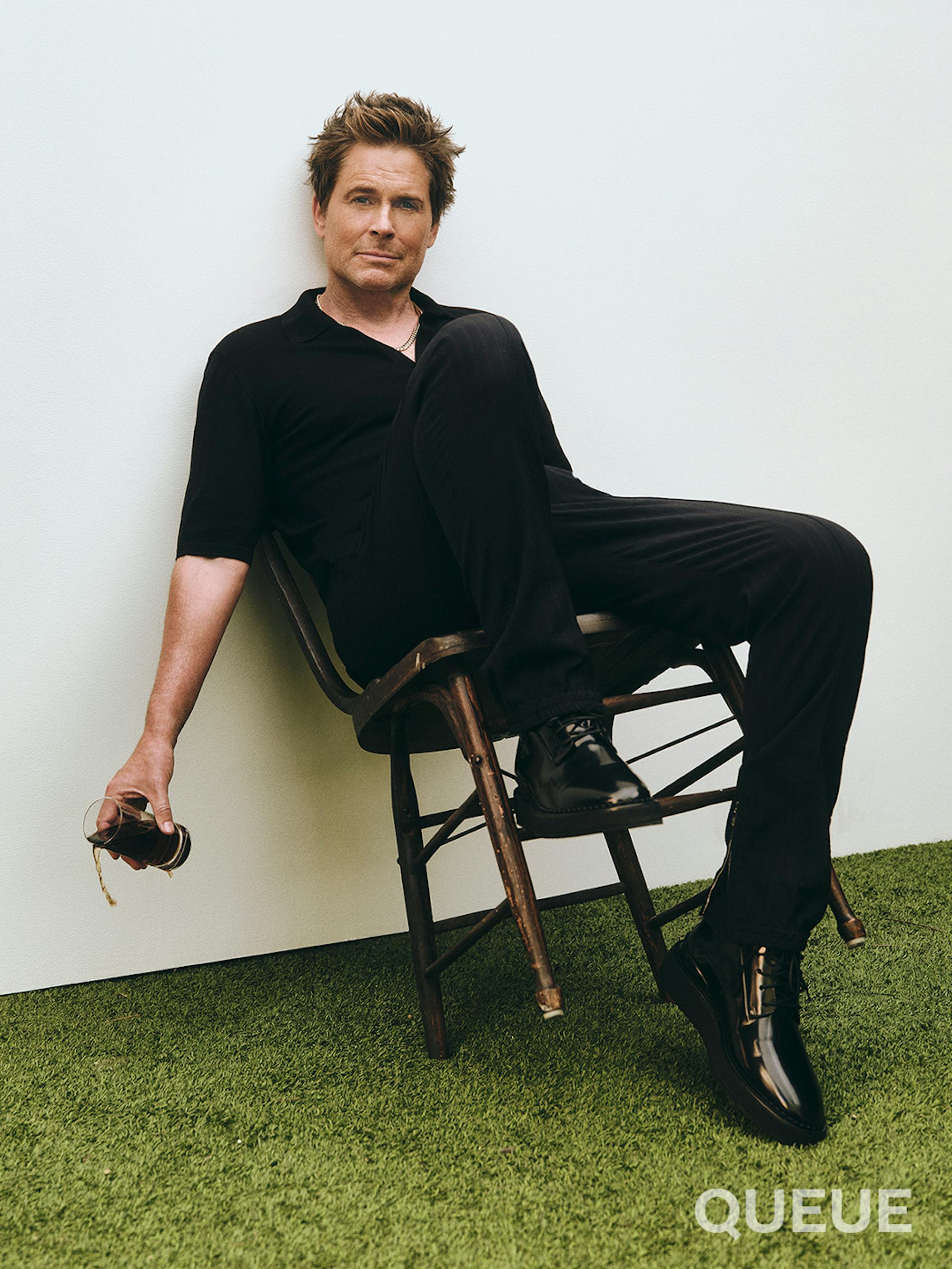
Rob Lowe
Krista Smith: How did you and your son John Owen decide to turn your social media relationship into a sitcom?
Rob Lowe: When the audience is telling you they want more of something, you might want to listen to that. We were like, “We’re not going to do a reality show.” I like the idea of a larger-than-life version of myself, but it’s been done so well by Larry David. So we spent time breaking down the
elements and transcribed that onto two fictional father and son characters.
What’s your working relationship with John Owen like?
RL: I’m very opinionated, but he has exactly the same taste. It’s almost like two versions of the same brain. Can you imagine if you could have two of you in your life? It’s fine to be somebody’s second brain, but you want to be yourself, too. And that’s really what the show’s about.
There’s great chemistry with all the actors on the show, including Fleabag’s Sian Clifford and up-and-comers Rachel Marsh, Emma Ferreira, and Aaron Branch. How important was that to you?
RL: Hitchcock was asked what makes a hit, and he said, “casting.” The battle is won and lost right there. Sian is a great, wonderful person; you cast her and it tells you the level of what we’re aspiring to do. And then the kids — we were really lucky to find this core cast of people who can deliver the jokes but feel authentic, who can act and have the kind of charisma that you’re looking for. We were really, really lucky to find them.
John Owen graduated from Stanford with a STEM degree, and then said, “Dad, I’m going into show business.” What was your response?
RL: He was on a path to do amazing things in science and really help change medicine and the world. I’m like, “How did it go so wrong at the 11th hour?” We all share D.N.A., and at a certain point, you can’t fight the genetics.
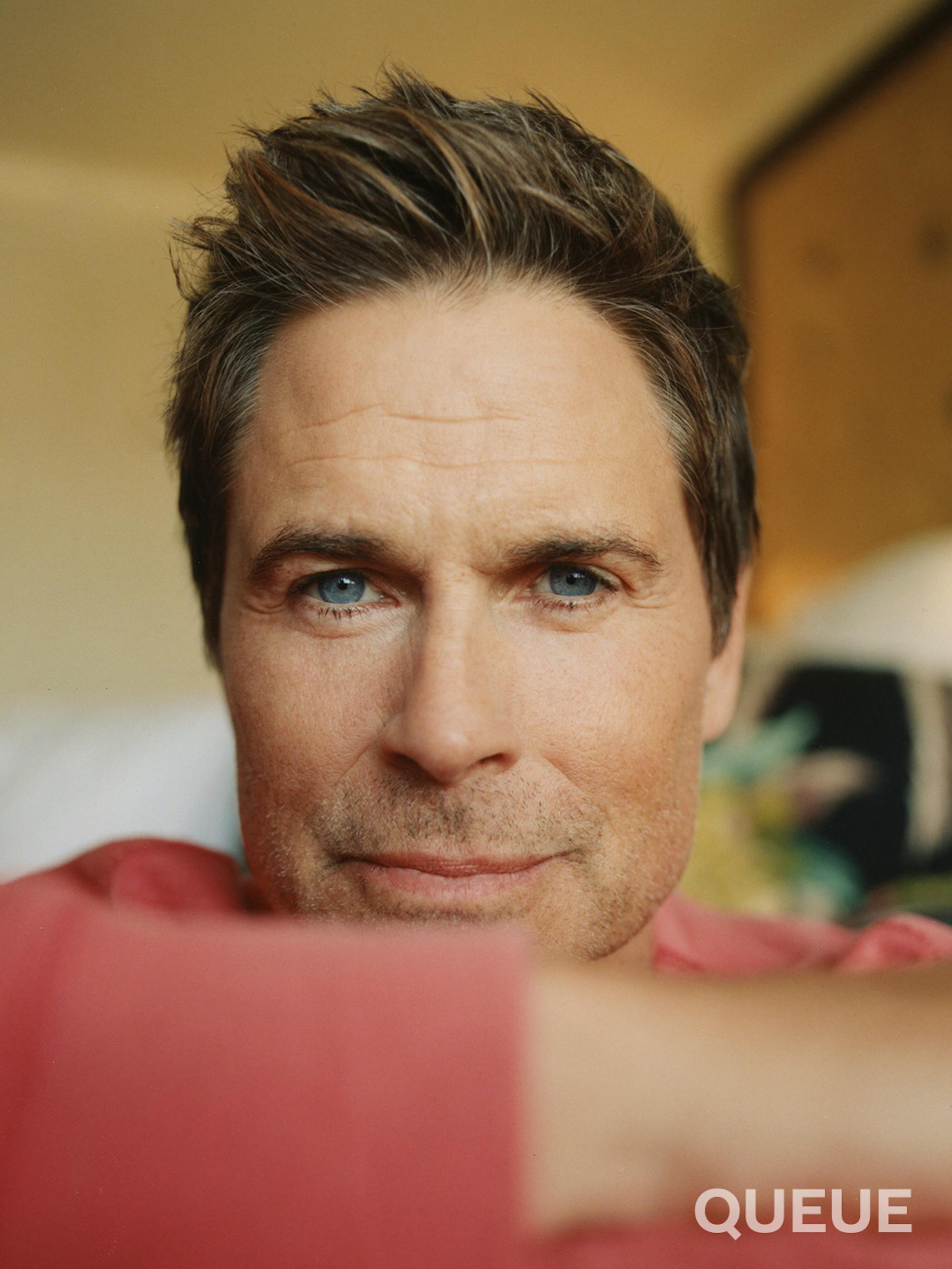
Rob Lowe
The breadth of your career is astonishing. How conscious are you about taking risks?
RL: Those leaps reinvent you. People get paralyzed by, if they take a role, what does that mean? What does it say? I don’t really do television, or I only play bad guys. It’s all bullshit. Once you don’t do that, you’re freed to see the opportunities. Lorne Michaels always says, “If you want to be the heavyweight champion of the world, you have to take fights, and you’ve got to defend your title.” And so you’ve got to work. Not everything’s going to work. In fact, most things don’t work. So you have to have a lack of fear and
a sense of, Fuck it.
What’s kept you steady?
RL: I got sober at 26 and then I got married the next year. Without those two things, I don’t know what would have become of me. Sheryl and I have always been on the same page on everything. I think that’s the stuff that inoculates you against the things that are inevitably going to come up over the years.
You sound like you’re in a very content place.
RL: I was just having this conversation with my therapist. If I wasn’t able to sit alone with myself and be perfectly happy, I would be worried. But I’m good in my own company. I’m not looking to do something new because I’m not satisfied with today. I’m super grateful. But I [also] want the next thing — I think being engaged keeps a person vital and young. It’s just about putting one foot in front of the other, and sometimes it leads someplace great, sometimes it doesn’t. But you keep doing it, and you turn around and look at the journey you’ve been on, and that’s the key.
